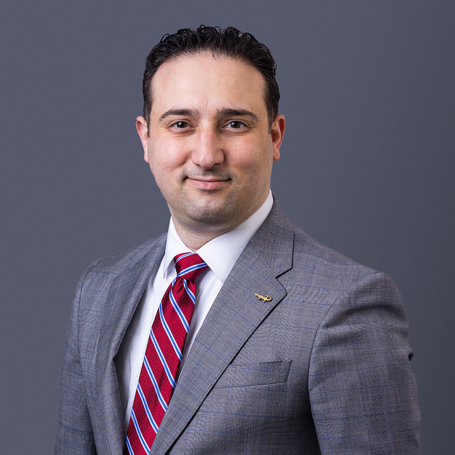

Orange Park Trust Litigation Lawyer
Involved in a Trust Dispute? We Can Help!
When disputes arise over a trust, emotions can run high, and family relationships can be strained. Whether you are a beneficiary who believes a trustee has acted improperly or a trustee facing accusations of misconduct, having an experienced trust litigation attorney by your side is critical. At Owenby Law, P.A., we help clients throughout Orange Park, FL, navigate trust disputes efficiently and with compassion. Our goal is to protect your legal rights, uphold your loved one’s intent, and resolve conflicts as effectively as possible.
Contact us today at (904) 770-3141 for your consultation.
What is Trust Litigation?
Trust litigation refers to the legal process of resolving disputes related to the creation, administration, or management of a trust. A trust is a legal arrangement in which one party (the trustee) holds and manages assets on behalf of another (the beneficiary). While trusts are designed to simplify estate transfers and avoid probate, disagreements sometimes arise regarding how the trust is being handled.
Litigation may become necessary when there are allegations of:
- Mismanagement of trust assets
- Breach of fiduciary duty by the trustee
- Lack of capacity or undue influence in the creation of the trust
- Disputes over the interpretation of trust terms
- Disagreements among beneficiaries
When trust disputes occur, they can involve complex financial issues, legal procedures, and emotional family dynamics. Having our trust litigation attorney in Orange Park can make all the difference in protecting your interests and ensuring a fair outcome.

Your Compassionate Advocates

Trusted Recommendations
-

Exceeded all of my expectations.
My experience with Owenby Law was awesome! The team went above and beyond to exceed all of my expectations. They were ...
Roxianne B. Stanberry -

Outstanding representation and service
My experience with Owenby Law, P.A. has been outstanding. They did an excellent job of representing me. I did much better in ...
Rick Stevens -

Attentive and clear guidance.
It was wonderful working with Owenby Law, P.A. They were very attentive to our needs and walked us through the entire ...
Elena O. -

A great team committed to clients.
Owenby Law, P.A. has a great team of attorneys. I'm very impressed with their grasp of family law and commitment to clients. ...
Ben J. -

Authentic and transparent.
Owenby Law, P.A. came highly recommended. From day one, I knew they were trustworthy. They are transparent and genuinely ...
C.M. -

Exceptional family law expertise.
Owenby Law, P.A. provided exceptional family law expertise. The team showed top-notch legal skill from consultation to final ...
A. Sawyer -

Excellent Legal Representation
Counsel provided by Nancy Sutton I just wanted to compliment Nancy in the handling of my recent legal issue. I was not only ...
Stephen Logan -

Excellence
Tawny Rountree's representation absolutely exceeds all expectations!
T. Haston
-
 Meet Your Legal Team
Meet Your Legal TeamWe put the time and care into your case that it deserves, and we are here to guide you through this process.
-
 Handling All Aspects of the Legal Process
Handling All Aspects of the Legal ProcessWe are the reputable and reliable law firm you need on your side during your legal matter. We handle all types of cases!
-
 Answers to Your Legal Questions
Answers to Your Legal QuestionsThe legal process can be daunting, and we understand you may have questions. Review our FAQ page to find helpful answers.

Why Choose Owenby Law, P.A.?
-
A Team of Compassionate
Advocates On Your Side -
Personalized, Results-Oriented
Representation -
Backed by Over
20 Years of Experience -
Successfully Handled
Thousands of Cases


















